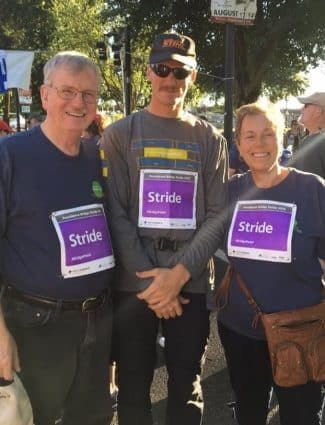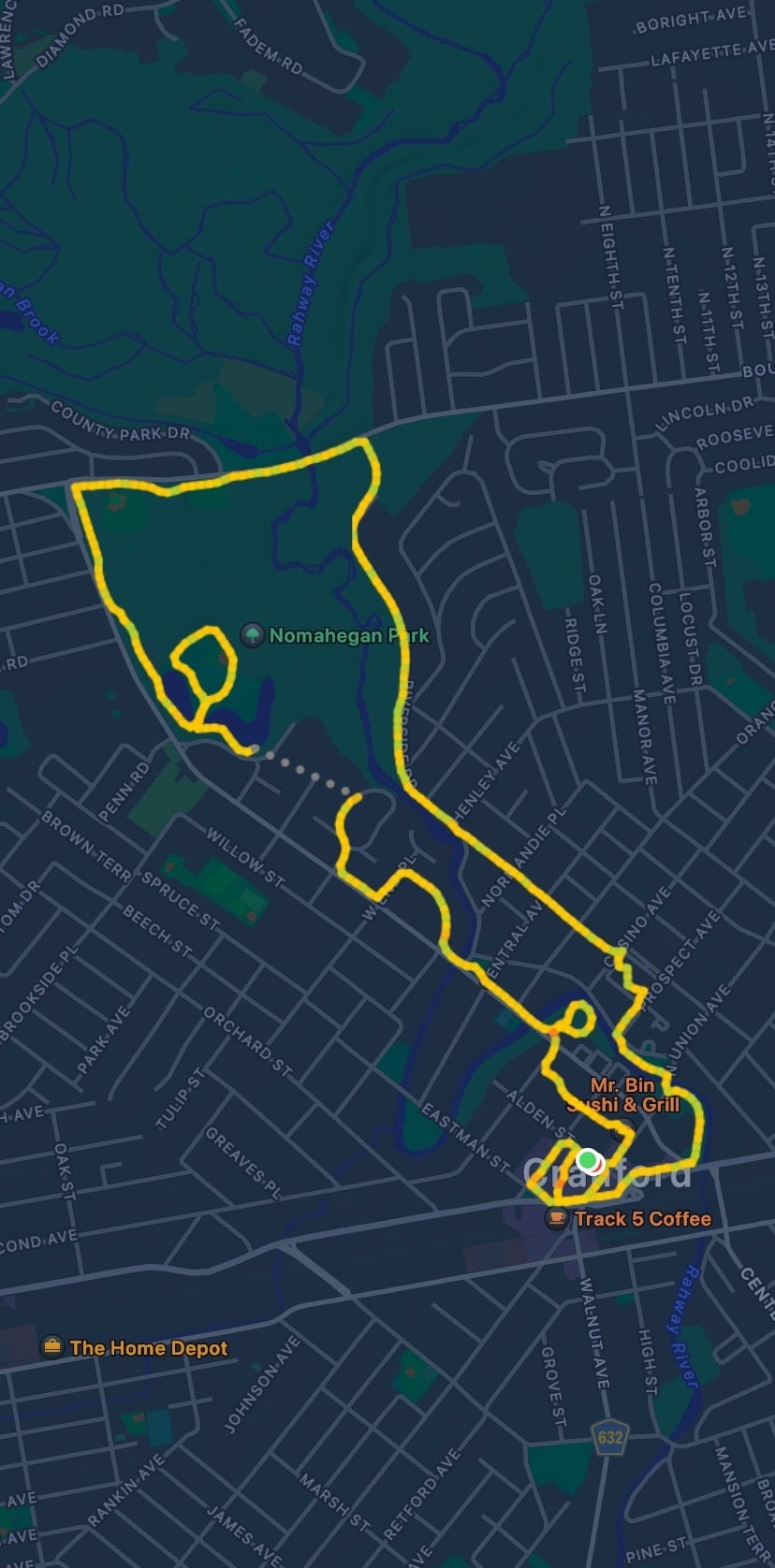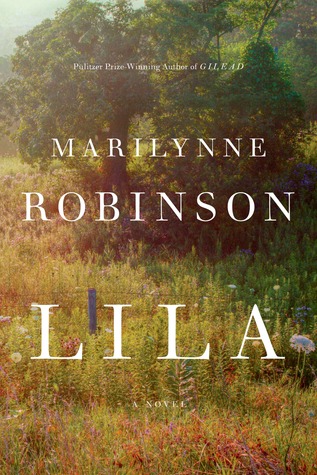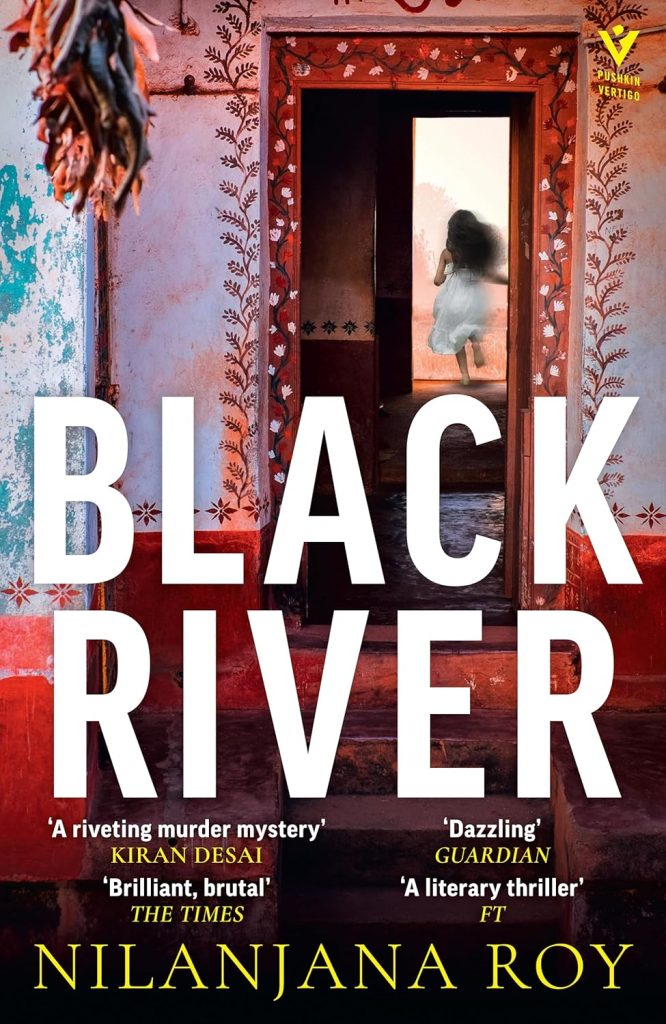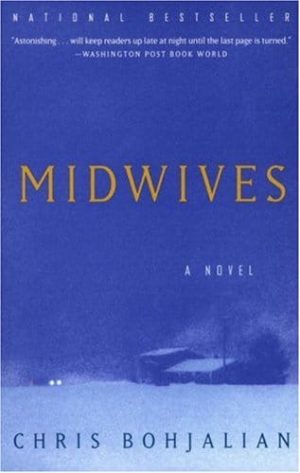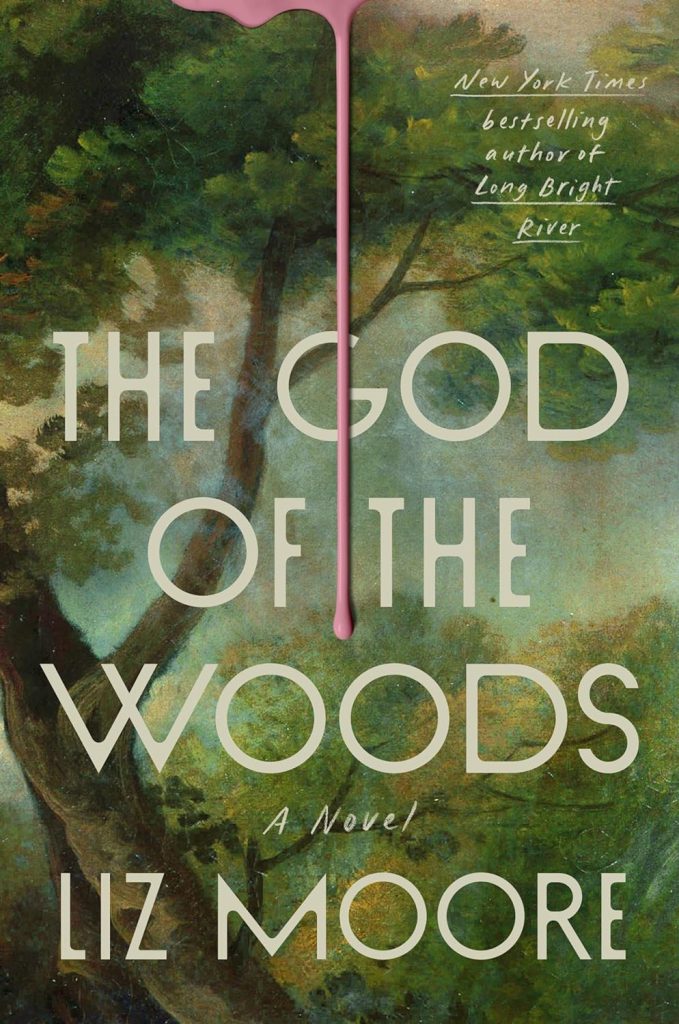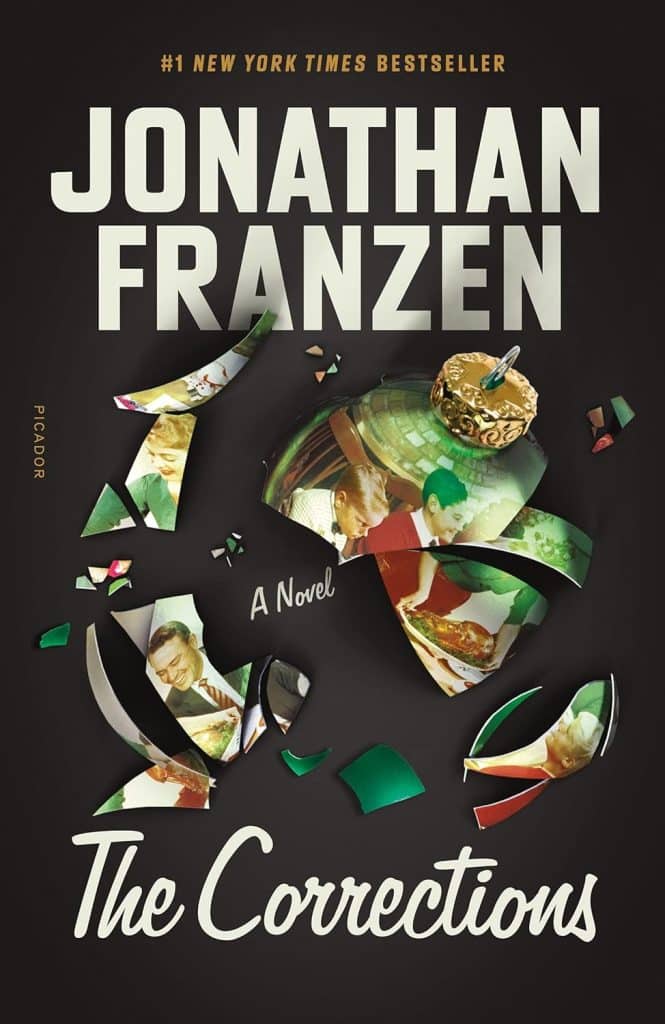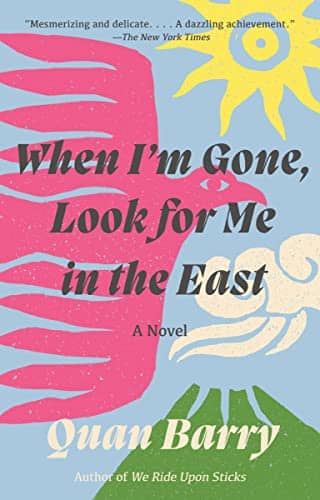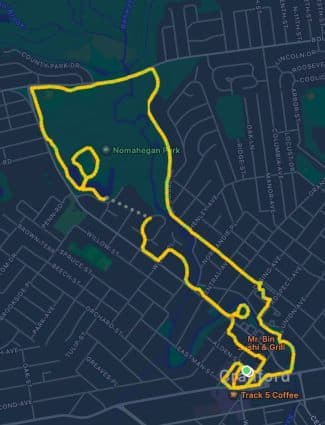
Not All Walks Are Equal
Proxy Voting for the Future
Estimated reading time: 2 minutes, 15 secondsDuring the first mile after leaving home, I walked at a steady pace of just under nineteen minutes per mile. I varied my speed to ensure comfort. However, as I hit my stride on the second mile, my pace began to slow, and I started to feel bloated and gassy, which made the walk more challenging. When I reached the four-mile mark while exiting Nomahegan Park, my Apple Watch notified me that its battery was running low, less than 10%. I was surprised; the percentage had been 87% when I started, and I’ve walked twice as far without encountering a low-charge issue. The realization that I had to end my walk around five miles discouraged me. However, everything changed as I turned from North Union to North Avenue by Wells Fargo.
As I strolled around the corner, I saw a young woman gracefully walking with her tiny furry companion. The morning air was crisp, and my main focus was concluding my walk before my electronic device ran out of power. However, I made it a point to acknowledge her and say, “Good morning, have a lovely day.” Despite feeling fatigued, I strongly believe in the importance of politeness. The young woman expressed gratitude as I continued my journey, heading west on North Avenue.
As I strolled down the narrow alley next to Bread De La Vie, I missed the sweet aroma of freshly baked goods as they were closed on Monday. Eagerly, I made my way towards the stairs that led up to the parking lot, three-tenths of a mile shy of five miles. Just as I turned the corner onto my street, near the charming Augusta Mae Boutique, I almost bumped into the woman I had seen by the bank. Glancing at my Apple Watch, I was pleased to receive the notification that I had achieved my target of walking five miles.
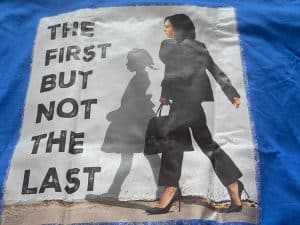 I ignored the notification on my Apple Watch and apologized for almost colliding with her. As I passed her, she complimented me on my t-shirt, which I had ordered when Kamala Harris was the nominee for vice president. The message on the shirt is “The first, but not the last,” which seemed inspiring to both of us. We briefly discussed the upcoming election, and she shared that she was voting for Kamala because she believed Harris was the leader we needed. She expressed a desire for a better future for her two daughters, and we joked about the idea of proxy votes for parents, which neither of us favored. Despite being initially disappointed to cut my morning walk short, the encounter significantly lifted my spirits as I entered my apartment. Who knew my walking t-shirt would be so well received?
I ignored the notification on my Apple Watch and apologized for almost colliding with her. As I passed her, she complimented me on my t-shirt, which I had ordered when Kamala Harris was the nominee for vice president. The message on the shirt is “The first, but not the last,” which seemed inspiring to both of us. We briefly discussed the upcoming election, and she shared that she was voting for Kamala because she believed Harris was the leader we needed. She expressed a desire for a better future for her two daughters, and we joked about the idea of proxy votes for parents, which neither of us favored. Despite being initially disappointed to cut my morning walk short, the encounter significantly lifted my spirits as I entered my apartment. Who knew my walking t-shirt would be so well received?


